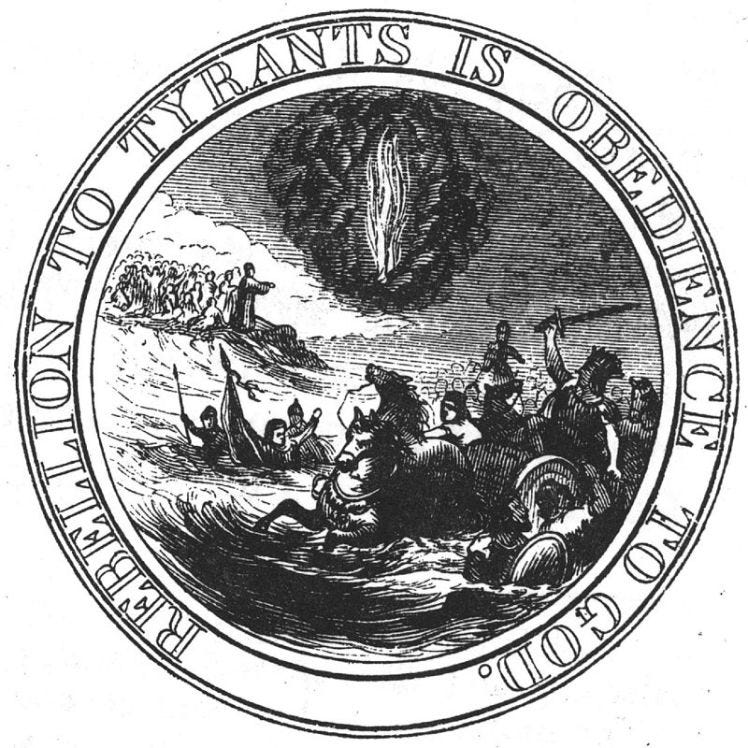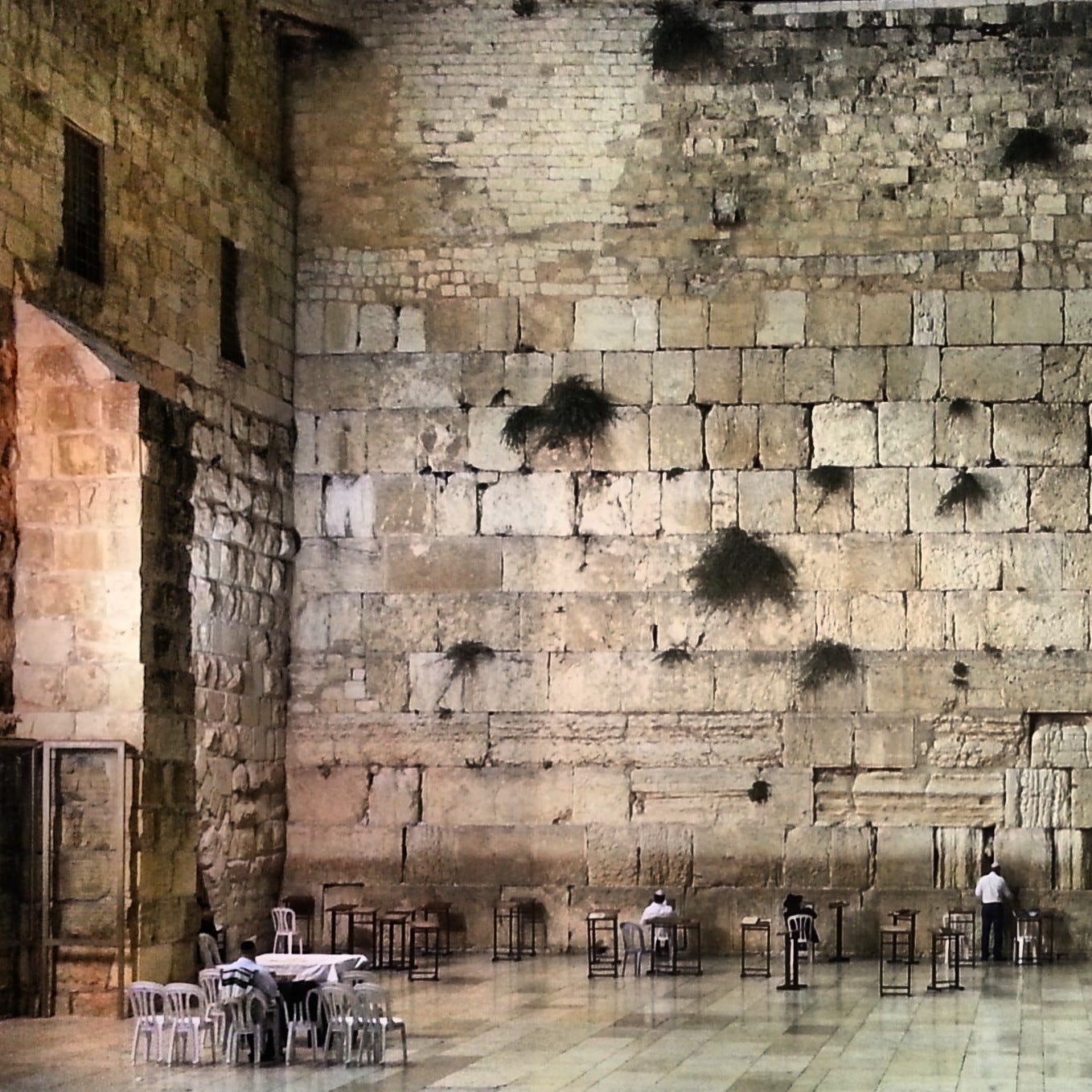Receiving the Torah is one of the most significant events in human history—not just for the Nation of Israel, but for all nations that embraced the Ten Commandments as the as the definitive guideline for a moral and decent society – and a stark contrast to other societies who did not make that same choice.
So why do so many Jews barely notice Shavuot, the holiday that marks the receiving of the Torah? Many diaspora communities don’t celebrate the holiday at all. In Israel, many treat the holiday as a commandment to eat dairy products and nothing more.
What does this say about us as a people? What does this say about our future? Could we be ignoring this holiday because of what it teaches us?!
A HOLIDAY WITH NO REAL NAME
In Hebrew words and names are of great significance, thus it is strange to name a holiday Shavuot, “Weeks”, a name that isn’t really a name but a description of a period of time – the seven weeks from Pesach to Shavuot, between the exodus from slavery in Egypt and taking on the responsibility received when the Nation of Israel was given the Torah.
It is It’s important to understand that the opposite of slavery is not a lack of limits but the guidelines freely adopted by responsible people. The opposite of slavery is self-determination, the freedom to choose and create our own destiny.
The physical journey our ancestors took 3000 years ago was also a spiritual one. Today we have the time of the Omer, between Passover and Shavuot, to remind us of this ancient journey. This is an opportunity for us to reflect on our mindset. Where are we on the path between slavery and self-determination, as individuals, as Jews, and as a Nation?
UNITY
Never was the Nation of Israel more united than at the moment Shavuot celebrates, when we stood at Mount Sinai and received the Torah. Together, we agreed to take on the responsibilities we were chosen for.
That moment was so powerful that it changed the world.

Why is unity so difficult to attain today? The Jewish people are so few in number, why is it that so many Jews are willing to turn against their own? All too often, we find Jews leading the way in political and cultural battles aimed against the only Jewish State. We focus so much on the hate turned against us from outside, but where is the love from within?
Our strength comes from connection to the elements that shape our identity: each other, our heritage, our language, and our land. But how many of us are connected to these things today? How strong is that connection? How strong is your connection?
CONNECTION TO THE LAND
In ancient Israel, Shavuot was one of the 3 pilgrimage holidays where everyone would bring the first fruits of their harvest to Beit Hamikdash, the Temple that stood on the Temple Mount in the heart of Jerusalem. The Temple, and everything it represents, is the reason Jerusalem is a holy city. How many Jews find it easy to forget that? How many are willing to forget the Temple Mount and settle for the Kotel, the Western Wall?

The Temple was destroyed in 70 CE but has remained integral to Jewish life ever since. In prayer, Jews turn towards Jerusalem three times a day. No Jewish wedding is complete without first remembering Jerusalem and symbolically mourning the destruction of the Temple. (How many diaspora Jews are unaware of what breaking the glass means?). Every Passover, we mark the end of the Seder with the blessing: “Next year in Jerusalem, rebuilt!” – a centuries-old acknowledgment that the end of the exodus from slavery in ancient Egypt is as a sovereign people in the thriving eternal capital of our Nation, Jerusalem.
Now, thankfully, the fruits of Israel are once again brought forth from the Land by the Nation of Israel. Shavuot, the holiday when farmers brought their first fruits to the Temple, can now be celebrated with first fruits throughout the Nation.
The Temple is the spiritual connection of the Jewish People to the Land of Israel, and the harvest is the physical connection to the Land. Both are integral elements of Jewish identity. Though the Temple no longer stands, and we may not live in Israel, we can still experience that unique bond through our connection to the Land of Israel. We can protect the Land in numerous ways. We can enjoy her fruits too.
Torah. Temple. Land. These are the heart of Shavuot. These are the foundations of Jewish identity—the elements that shaped our Nation and kept us whole.
Forgetting Shavuot feels, to me, like a symptom of something deeper: a disconnection from our identity, whether through neglect, discomfort, or an urge to escape it. It echoes the old dhimmi mentality, when Jews survived by keeping their heads down and voices low—an understandable response to being foreigners in lands that were not our own, surrounded by people ambivalent about our presence.
Many Jews assumed that extreme Jew-hate was a thing of the past. The Holocaust happened to our grandparents and great-grandparents, not us. We were told that terrorism in Israel is a result of political and territorial disputes.
Then came October 7th.
The brutal invasion from Gaza, followed by global celebrations of Jewish bloodshed, made it painfully clear: the hatred isn’t past. It isn’t mild. It isn’t about borders or policy. It’s about our existence.
And it doesn’t stop with us. The values that shape Western civilization—truth, justice, human dignity—are rooted in the Torah. If the source is denied, the structure crumbles.
That’s why embracing Shavuot isn’t a matter of being religious, and it’s certainly not about cheese. It’s about understanding who we are and the elements that shape our unique identity.
Without that identity, neither the Jewish people nor the free world can endure.
So why are so many Jews ignoring this?
And how—oh how—can we expect other nations to respect and embrace our presence in the world, if we don’t respect and embrace it ourselves?
{Reposted from the author’s blog}
















